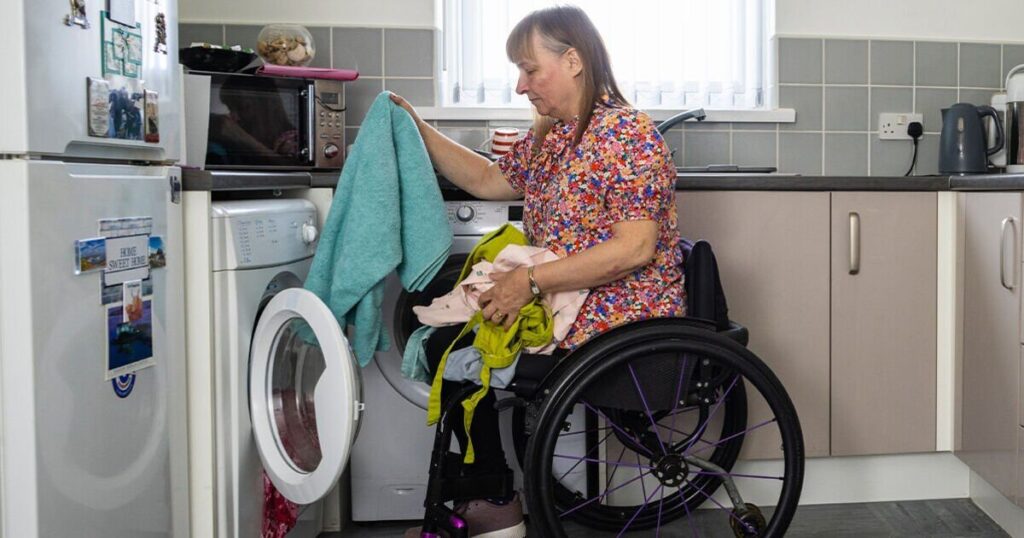
The DWP has clarified how PIP assessments work after a question about a particular health condition.
PIP (Personal Independence Payment) help cover the extra costs of a person who has a long-term health condition, illness or disability.
The payment includes a mobility part and a daily living part, with a lower and upper rate depending on how much support you need.
Claimants often go through an assessment to determine their level of need and how much they should get. Labour MP Sam Carling asked the Government about what steps they are taking to make sure proper training and guidance for PIP assessors, when looking at a person with arthritis or “other long-term fluctuating health conditions”.
DWP minister Sir Stephen Timms provided a response. He explained that the PIP assessment is about how a person’s condition affects their ability to live independently, rather than just being about the nature or severity of their condition.
He said: “The assessment considers whether a person can carry out specific activities safely, reliably, repeatedly, and within a reasonable time frame.
“The process does not assess individuals based on their ‘best days’; instead, it takes into account the overall impact of a condition over time, specifically considering functional limitations that occur on more than 50% of days within a given period.”
Mr Timms said that all health professionals who are assessors have to be fully qualified in their particular health discipline and go through “strict recruitment and experience criteria”.
He also spoke about some recent changes to how assessments work, as the DWP has taken over responsibility for the Core Training and Guidance Material (CTGM) used within the Health Assessment Advisory Service (HAAS), a group that provide several different types of assessments for the DWP.
Answering the specifics of the question about arthritis, Mr Timms said: “DWP has provided suppliers with specific CTGM on rheumatoid arthritis, alongside a broader suite of training materials covering a range of long-term, fluctuating health conditions.
“These contain clinical and functional information relevant to the condition and is quality assured to ensure its accuracy from both a clinical and policy perspective.”
Key changes to PIP are coming in from next year as the eligibility rules for the benefit are becoming stricter.
An additional rule will be added from November 2026, meaning you have to get at least one score of 4 on one of the daily living activities, to get this part of the benefit.
At present, you only need a total across all activities of at least 8 points to get the lower rate, and at least 12 points to get the higher rate.
Recent DWP figures suggested that arthritis is one of the top qualifying health conditions where claimants could lose out under the new rules, as 77% of those with the condition who currently get the daily living part could lose out under the new rules.
This would mean 214,000 claimants losing out on cash out of a total of 279,000 claimants who get the daily living part.
The daily living part for PIP is currently £73.90 a week at the lower rate and £110.40 a week at the higher rate. The mobility part is £29.20 a week at the lower rate and £77.05 a week at the higher rate.
 Latest Breaking News Online News Portal
Latest Breaking News Online News Portal






